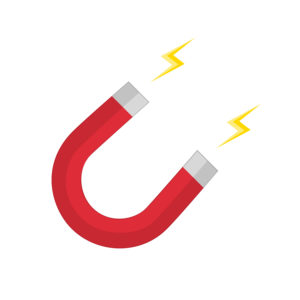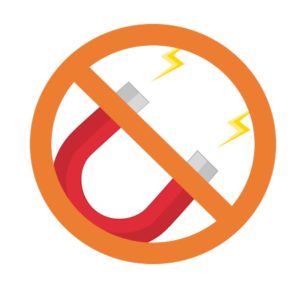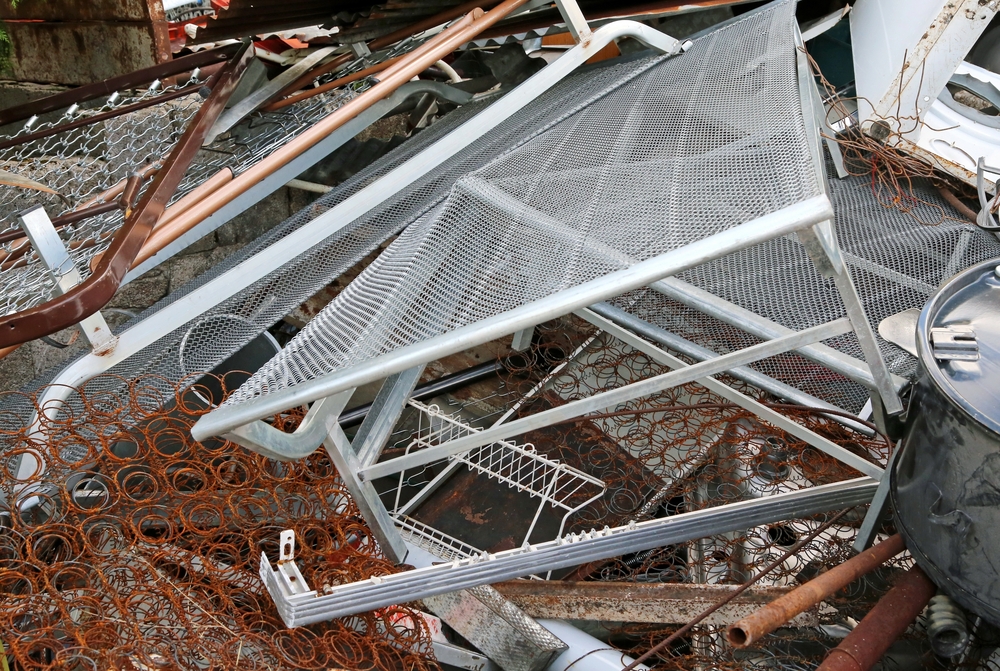
It might not be one of the first things you’d consider when you’re thinking of ways to generate income, but there’s good money to be made in scrap metal. Whether you’re looking for a bit of extra cash or even just a responsible way to dispose of waste you’ve got lying around, scrap metal is a great way to kill two birds with one stone.
It’s also a good time to get into scrap metal recycling. Brisbane’s scrap metal prices are holding steady, and if you follow a few simple rules, you can turn your junk metal into a decent amount of cash.
We’re taking you through the best ways to earn money from scrap metal and what to scrap.
Places to find scrap metal
You could already be sitting on one of the best and biggest resources of scrap metal. Brisbane’s garages and backyards are usually full of unwanted bikes, tools, and car parts that could be recycled for scrap instead of collecting dust. If it’s been a while since you’ve been through all the things in your shed, you might be surprised to find a small fortune in engines and engine parts, blunt saws, and dead computers—or even the beer fridge that’s not doing its job anymore.
Renovations are always a good place to find scrap metal. Most of the metals that will get a good price at the scrap yard can be found in plumbing and electrical wiring, so always hold onto these items after demolition—there’s always a chance they’ll help you recoup some of your labour costs.
If you’re planning to actively look for scrap metal, talk to your neighbours or community businesses to see whether they’d let you remove their metal waste for them. Many people will be happy to help you for the privilege of not having to cart it themselves, but you might even find yourself with repeat business if you pay them a small fee for it.
Scrap metal items
You can find scrap metal in many places, and many of them are inconspicuously hidden in unlikely sources.
Many people will know there are quite a few different kinds of recyclable metal in car bodies, batteries, engines, and engine parts. When your car has passed its use-by date, make sure to sell it to a scrap metal dealer. You’ll be helping the environment by conserving a good amount of natural resources and avoiding pollution that disused vehicles cause, as well as getting back money that you parted with and forgot about a long time ago.
Scrap metal isn’t just in the big-ticket items, though. You’ll always find some value in white goods like fridges, but you’ll also find it in tiny items like nuts, bolts, screws and fasteners, particularly from plumbing materials, which can boost the weight of your offering.
Electronic waste is a surprising source of scrap metal. You’ll often find some good pieces in dead microwaves, TVs and computers—but the copper from appliance power cords is often just as valuable. Other everyday items that might be of value could include bikes, brass taps and borings, copper wire and insulated copper cable, gas bottles, hot water tanks, rainwater tanks, brass bed heads, plumbing pipes, musical instruments, locks and keys, and construction materials like window and door frames, beams, and sidings.
So, what are the best things to scrap for money?
Want to clean up your backyard? Make some money? Help the environment? Did we mention making some money? As the receivers of scrap metal, we are here to confidently inform you of the best things to scrap for money.
We pay cash for your scrap metal, both ferrous and non-ferrous. Essentially, all metals are divided into the categories ferrous and non-ferrous. We accept both types at Tall Ingots and pay you cash for your scrap metal. The easiest way to determine the two types of metal is with a magnet. It doesn’t have to be a fancy magnet; any will do. Just grab one off of your fridge.
Ferrous materials contain iron and are magnetic, while non-ferrous materials do not. It’s that simple. To lessen any confusion, we have divided our list of the best things to scrap for money into ferrous and non-ferrous materials.
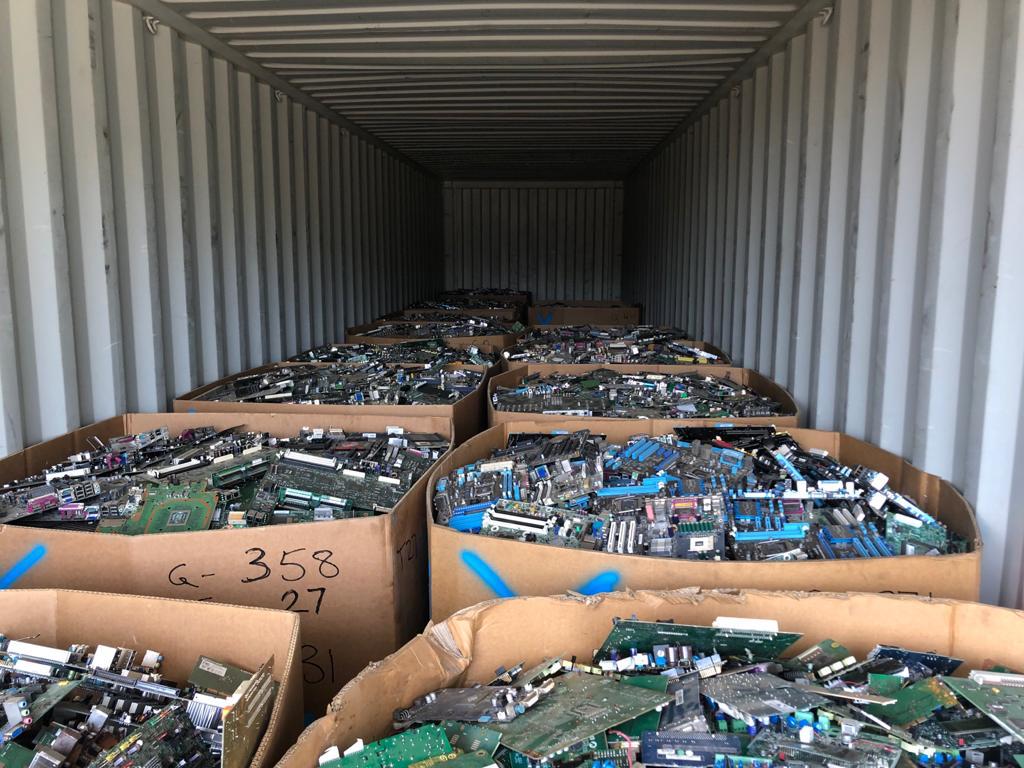
Ferrous
Light steel & white goods
This includes any roofing iron, washing machines, fridges that have been de-gassed, air conditioning units that have been de-gassed, microwaves, dishwashers, ovens, and any other lightweight metallic product.
Heavy Steel
Items considered heavy steel are over 6ml thick, like beam off-cuts, angle, RHS, punchings, car rims, truck rims and other heavier gauge metallic products. We are happy to accept any size steel offered.
Cast Iron
This includes old bathtubs, cast iron pots, valves, pipes, furniture, BBQ plates and engine blocks.
Specialty ferrous
This includes products such as manganese steel, ESCO, Ni-Hard, carbon steels and any other exotic mix of ferrous materials. Prices are subject to the quantity available.
Non-Ferrous
The non-ferrous list will include the ISRI term for each type of material. ISRI stands for Institute of Scrap Recycling Industries, which is the governing body that we, Tall Ingots, report to. The ISRI term is not something you need to worry about. The ISRI term is just included for the benefit of those with a deeper understanding or knowledge of the scrap industry.
Copper
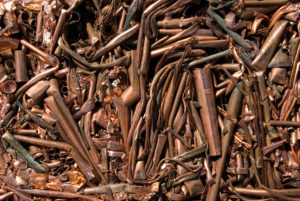
- Bright and Shiny. ISRI term = Millberry.
The clean copper wire that is inside the wiring of your house, phones and electrical cords. - Bare. ISRI term = Candy.
When your plumber leaves an off-cut of copper tube behind that has no solder joins or paint. - Burnt. ISRI term = Birch Cliff.
When your plumber leaves behind copper tube that “has” solder joints or paint. It can also be clean copper wire from a household appliance that has been burnt.
Insulated cable
The ISRI term = Druid.
This is the wiring that is in your house, phones and electrical cords. It is the copper wire with the insulation still on.
Electric motors
The ISRI term = Elmo.
Electric motors from any appliance or machine. Excessive attachments will reduce the price paid for the motor.
Nickel
The ISRI term = Sabot.
Old kitchen sinks, kitchen utensils, piping, plate, nuts & bolts. Many items related to food preparation are made from stainless steel.
Lead
- Lead. ISRI term = Radio.
Sheet lead from roofing, lead wheel weights, old sinkers, lead ingots and even the old lead roof nails have a value. - Used Lead Acid Batteries. ISRI term = Rinc.
Old car and motorcycle batteries can be recycled, we encourage you to do so as they will only deteriorate otherwise.
Brass
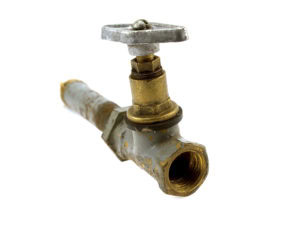
- Brass. ISRI term = Honey Grape.
This can be the taps from your sink, a broken symbol from your drum kit, or old plumbing joins from your piping. The easiest way to tell if it’s brass is to grind a piece; if it’s yellow, then it will be brass.
- Brass Turnings. ISRI term = Night.
The shavings that come from any type of brass that is machined or turned. - Gunmetal. ISRI term = Ebony.
This is brass with a higher copper content, so it will be a deeper colour. It is usually used for valves, pumps, and machinery parts.
- Car Radiators. ISRI term = Ocean.
We will purchase the radiators with the steel attached or removed.
Aluminium
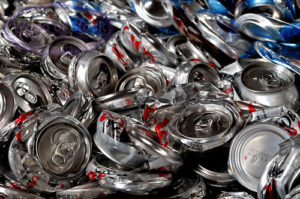
Aluminium is a very useful material, and as a result, it has been used in the manufacture of many products. We have nine different categories of aluminium, some of which are very commonly found and recycled, and others we see less of but are just as recyclable! We are happy to receive all the following aluminium products to be scrapped.
- Aluminium Domestic.
ISRI term = Taint/Tabor.
Old aluminium cladding from a caravan or house that has no steel attached. - Cans. ISRI term = Taldon.
Any aluminium drink vessel can be recycled. Just remember that you will need approximately 62 cans to make a kilo. - Extrusion. ISRI term = Tata/Toto.
This is the aluminium window framing without the glass or steel attachments. We can still buy the aluminium if it has steel attached. However, it will be at a reduced rate. It does not matter if the aluminium has been anodised or painted.
- Wire. ISRI term = Talon.
This is clean aluminium wire that is free of any attachments, steel or paint. - Wheels. ISRI term = Troma.
These are the aluminium wheels of your car. We purchase the rims with or without the rubber attached; however, a waste levy is applied to the disposal of the rubber tyre.
- Cast. ISRI term = Tense.
An example of cast aluminium is the cylinders from engines. - Zinc. ISRI term = Saves.
Die-cast toys, money boxes, car components, and sacrificial anodes (highly active metal that helps prevent the corrosion of less active material) can be purchased and recycled.
- Aluminium CU Radiators. ISRI term = Talk.
Most commonly, these are the cores from air-conditioning units. We purchase the radiators with or without steel attached; however, a reduced rate applies if the steel is still attached.
Recycling ferrous and non-ferrous materials is a great way to give back to the environment. The more we can recycle and repurpose these materials, the better off the environment will be.
But which metals make you better money? Well…
The different values of metals
While most metals usually fetch some money, the value of ferrous metal scrap is quite different from that of non-ferrous metal scrap.
We touched on this before, but one of the easiest ways to tell what kind of metal you’ve got is by using a magnet. If a magnet sticks to the metal, it’s a ferrous metal, which is common and usually steel or iron. If a magnet doesn’t stick to it, it’s a non-ferrous metal, like copper, aluminium, brass, stainless steel, or bronze.
Although you won’t get a high price for ferrous metals, you’ll still usually make some money because scrap yards can recycle them and take them off your hands. You’re looking for non-ferrous metals: they’re precious to scrap yards, sometimes worth up to 100 times as much as ferrous metals.
Copper is one of the most valuable metals to recycle. If it’s in good condition, it’ll be red in colour, and if it’s worn or old, it will be brown with greenish areas of rust. It’s often found in plumbing pipes, roofing gutters, air conditioners, and electrical wires, so if you’re renovating, make sure to set these materials aside for recycling.
Brass can also fetch a good price and can be found in decorative items like lamps and bed frames, musical instruments, locks and keys, door handles, light and bathroom fixtures, and some plumbing materials.
Sorting and collecting scrap metal
Scrap metal is a time-consuming and labour-intensive business, so you’ll likely find that most scrap yards will pay better for scrap that comes in bulk. You can maximise your profit by collecting your scrap metal and selling it when you’ve got a decent-sized load.
You’ll also likely be paid more if you’ve taken care to separate your scrap metals by type because it removes a great deal of the labour needed to identify and sort the materials for the scrap yard. Separate your scrap types as best as you can (buckets and barrels are a good way to do it). But if you aren’t able to do a thorough job, make sure, at the very least, to separate the more valuable items like copper from your mid- or low-priced ones like aluminium and steel.
It’s also important to make sure you’ve removed as much excess as you can from your scrap because the scrap facility will pay more if they don’t have to strip it themselves. This gives them fast and easy access to assess the value of it—like how much copper is actually in insulated copper cable—and their estimate will be more accurate.
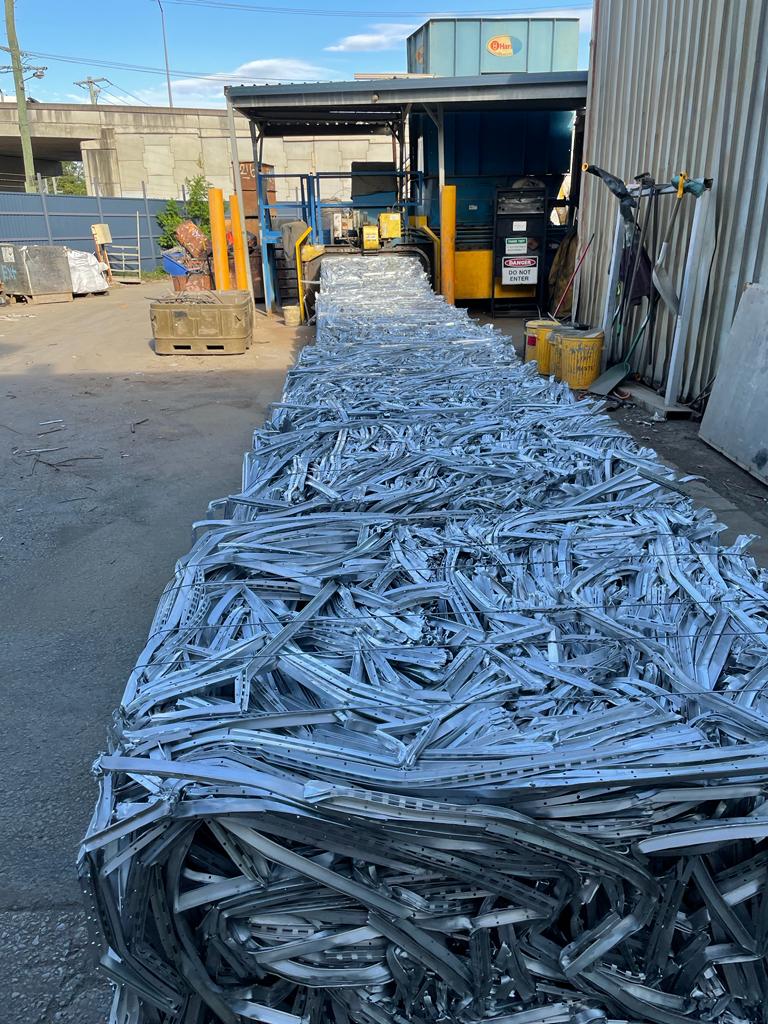
Selling scrap at a reputable facility
As with most service providers, not all scrap metal dealers are equal. You should take the time to determine which business will be the best partner for you over the long term.
Tall Ingots operates at the highest standards. We abide by strict industry regulations to support legitimate income-generating scrap metal recycling and conserve the world’s natural resources.
We also pay cash for any type of scrap metal, whether you deliver it or have it collected, and we’re committed to maintaining competitive cash prices for scrap metal. Brisbane businesses and residents looking to turn junk into cash can contact Tall Ingots anytime for more information, and we’ll be happy to help.

